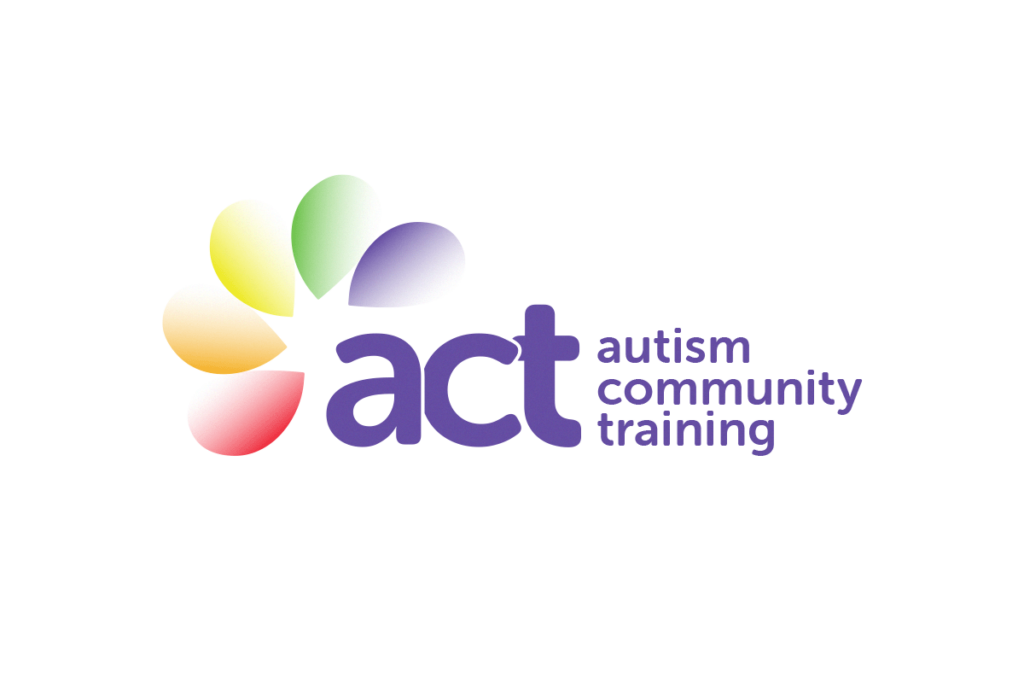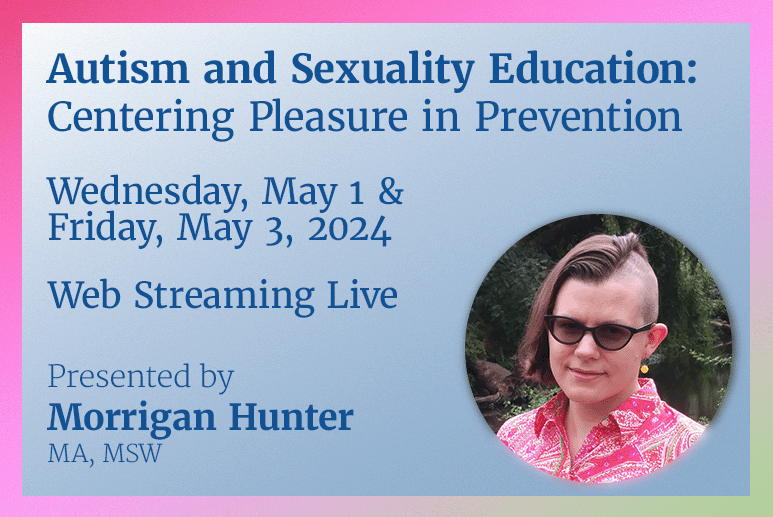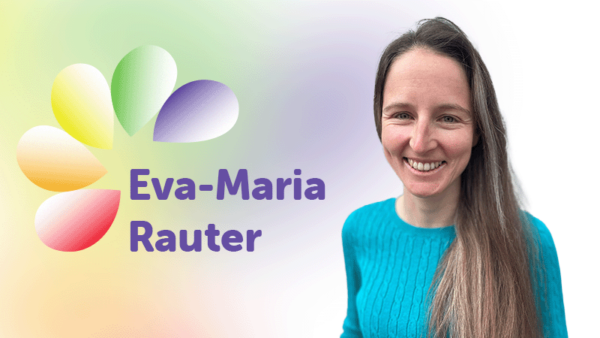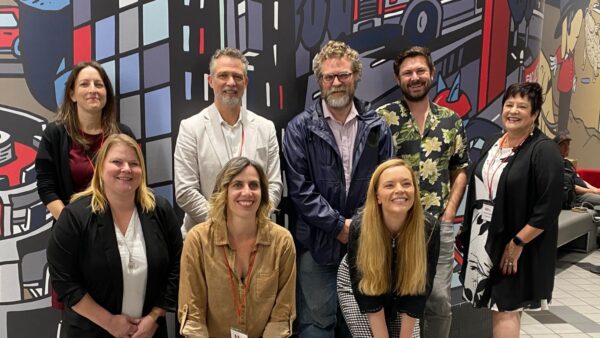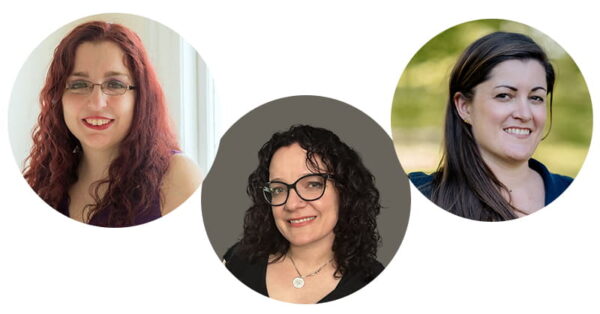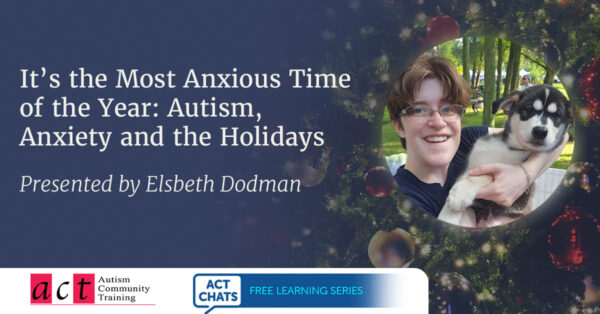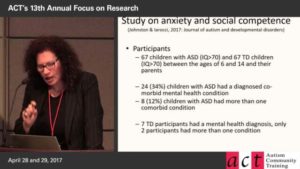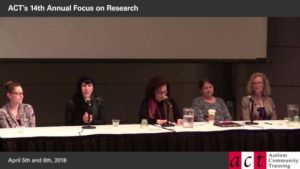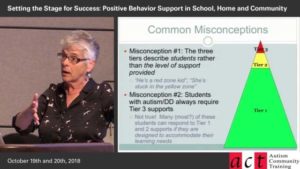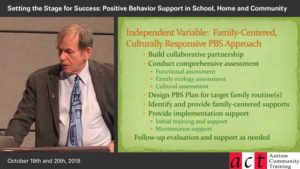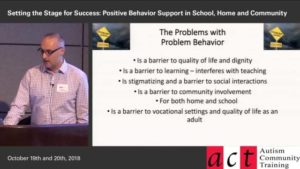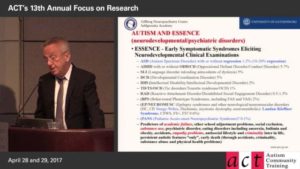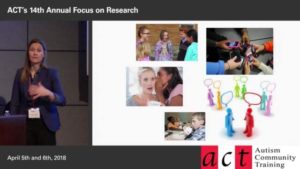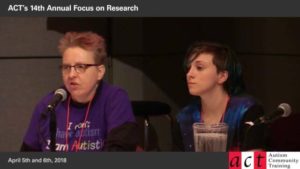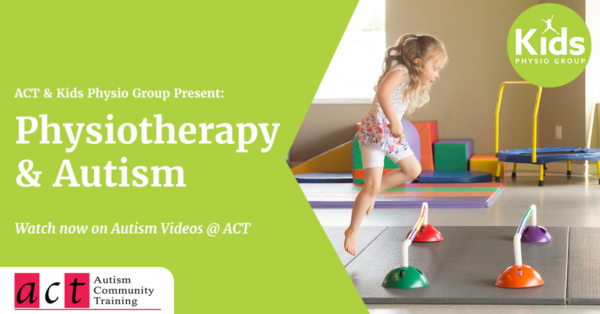Knowledge that makes a difference
ACT – Autism Community Training specializes in evidence-informed training, research, and resources to support neurodivergent individuals.
We provide a comprehensive information portal with 3,000 resources, the Autism & Intellectual Disability (AID) Search.
What We Do
ACT Events
Live and web-streamed events featuring autism specialists.
Autism Videos @ ACT
Videos to support neurodiverse individuals, parents, and professionals.
Autism & Intellectual Disability Resources
Evidence-based practical information resources.
BC Resources
Community agencies, recreation activities, service providers, support groups, and education near you.
Community Events
ACT lists workshops and conferences in BC related to autism and other diverse needs.
自閉症社區訓練協會 | ACT in Chinese
我們協會希望透過知識的力量,幫助更多華裔家庭
ACT in Punjabi
Resources for the Punjabi-speaking community in British Columbia.
Transition to Adulthood Hub
Outlines a framework for supporting young people from high school to adult life.
Become a Friend of ACT to receive great benefits!
Sign up to our newsletter to get discounts on events, premier access to ACT’s resources, videos, and more. Membership is free!
Subscribe to ACT’s Newsletter
Get updates on new events, resources, videos, and more
Upcoming Events
Evidence-informed training opportunities featuring provincial and international experts on a range of topics.
Autism and Sexuality Education: Centering Pleasure in Prevention
Web streaming live , CanadaAddressing pleasure and autonomy as a framework for addressing sexual health education for Autistic people, including topics such as gender diversity, and sexual orientation.
Taking Steps to Overcome Picky Eating and Transform Mealtimes
This online parenting group will teach parents and caregivers how to best support their child with picky eating, facilitate positive food interactions, and work towards expanding their diet and less stressful mealtimes.
Managing Distressed Behaviour for Parents, Families and Caregivers
Kwantlen Polytechnic University - Langley Campus 20901 Langley Bypass, Langley, BC, CanadaThis in-person introductory course is designed to emphasize practical, non-confrontational approaches for assisting individuals experiencing significant distress and exhibiting challenging behaviors.

Discover Autism Videos @ ACT, where you can learn from top clinicians who share their latest research and experience on autism and neurodiversity. Whether you need guidance on Toilet Training, Sleep, Mental Health, PBS, IEP’s, Research or more, we have over 80 videos to help you understand and support neurodiverse individuals.
Autism & Intellectual Disability Resources
ACT has extensive information resources, including guides, articles and videos on a wide-range of topics, in multiple languages, sourced internationally to meet the needs of families and community professionals.

ACT 自閉症社區訓練協會,是加拿大卑詩省內針對家有自閉症兒童的家庭提供線上資訊和教育訓練的非營利機構。

Punjabi-language resources, and videos.

Autism & Diverse Needs Resources for British Columbia
Looking for resources specific to British Columbia? Visit the B.C. Resources page to find community agencies, recreational activities, service providers, support groups, education & employment, community events, the autism manual, new diagnosis hub, transition to adulthood, and much more!



Community Events
ACT lists workshops and conferences in B.C. related to autism and other diverse needs that are provided by local agencies and organizations.
Monday, April 29, 2024 - Tuesday, April 30, 2024
PECS - Level 1 Training –
Tuesday, April 30, 2024
Understanding the School System & Working Towards Collaboration
Monday, May 6, 2024 - Tuesday, June 25, 2024
P.E. Pals – Vancouver
Tuesday, May 7, 2024
Summer Programming for Autistic Children & Youth

